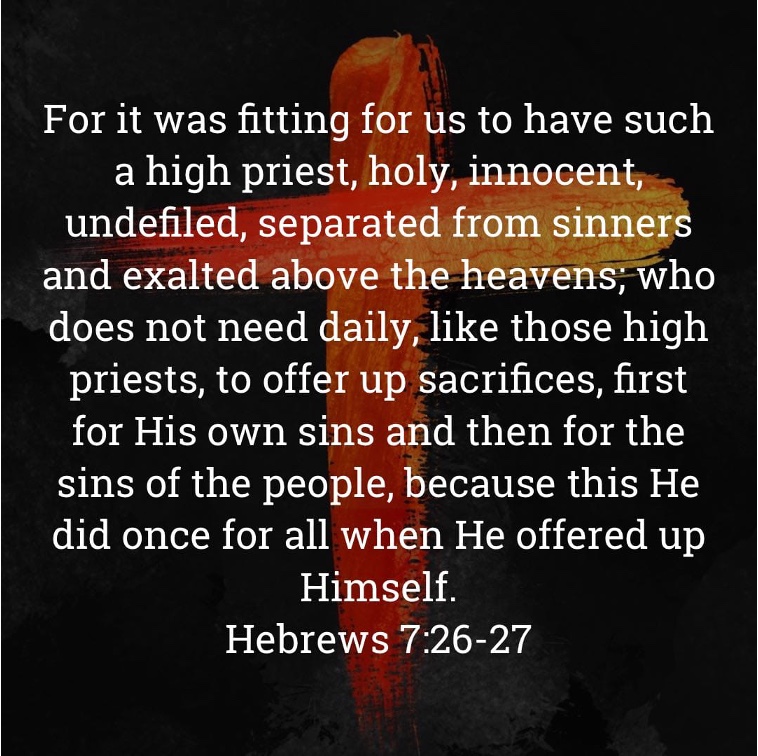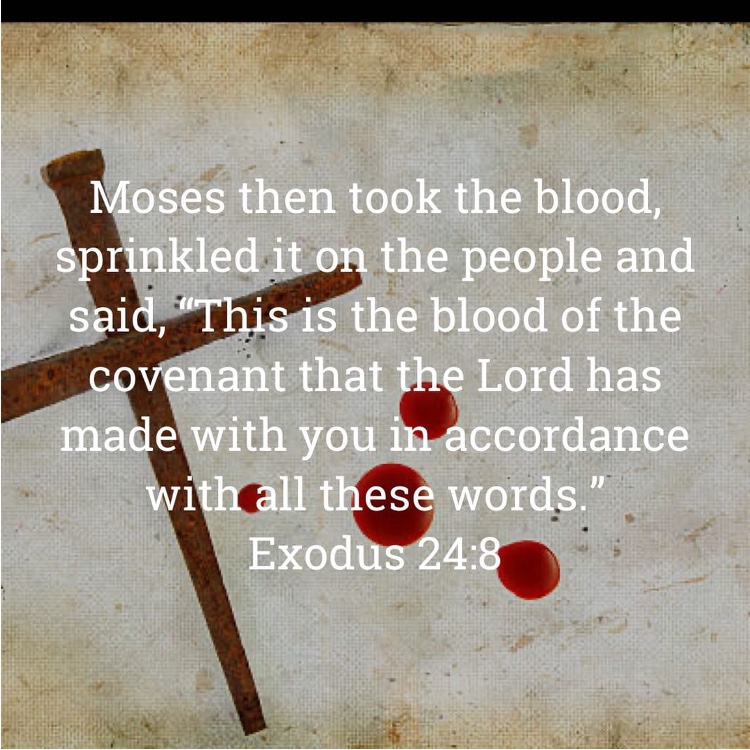
It is easier for us to identify with people like us. When we are around other people, we gravitate to those like us. We look, consciously or subconsciously, for those who look like us. We try to identify people we have something in common with.
I went to a meeting once with people from across the state. One of the first people I spoke to was a guy with a motorcycle helmet. I like riding motorcycles and was curious about his bike I passed in the parking lot.
The author of Hebrews chapter two points out how Jesus identified with us. “Therefore, since the children share in flesh and blood, He Himself likewise also partook of the same…” Hebrews 2:14 NASB1995
Reading that line made me think of Joan Osborne’s song, (What If God Was) One of Us. The lyric in the song that stands out in my mind is…“What if God was one of us. Just a slob like one of us. Just a stranger on the bus. Trying to make His way home.”
Jesus became one of us. He looked like us. He ate and drank like we do. He laughed and cried. He taught us how to understand the Father.
Hebrews 2:14 also tells us that he died like we do. “Therefore, since the children share in flesh and blood, He Himself likewise also partook of the same, that through death He might render powerless him who had the power of death, that is, the devil,” Not only did he identify with us by dying for us, but he also took the power of death away from the devil.
“Therefore, He had to be made like His brethren in all things, so that He might become a merciful and faithful high priest in things pertaining to God, to make propitiation for the sins of the people.” Hebrews2:17NASB1995 We are attracted to Christ because the Holy Spirit draws us to him. We are also attracted to him because in every way, he became like us.
The chapter concludes, “For since He Himself was tempted in that which He has suffered, He is able to come to the aid of those who are tempted.” Hebrews2:18NASB1995 He even allowed himself to be tempted like us.
A few chapters over we read that Jesus sympathizes with our weakness because he himself was tempted in all things. “For we do not have a high priest who cannot sympathize with our weaknesses, but One who has been tempted in all things as we are, yet without sin.” Hebrews4:15NASB1995
Jesus made it easy for us to identify with him. In every way he was one of us. He was also tempted like we are so that he sympathizes with us and helps us when we are tempted!
Prayer: Lord Jesus, thank you for being so much like me, yet without sin. Lord help me to identify with you so much that I become just like you. Amen




